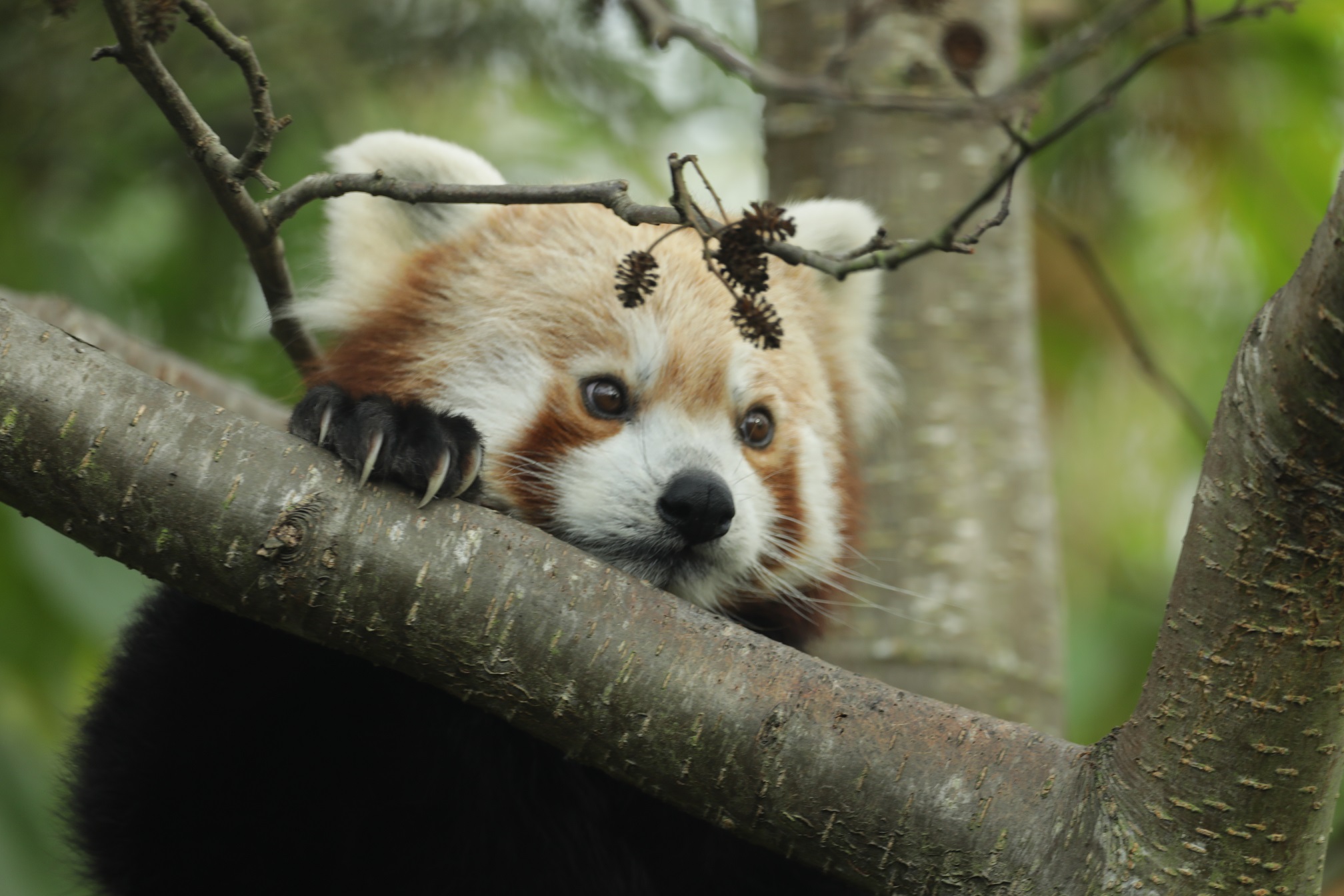Nahan’s partridge

The Budongo Forest in Uganda is home to a great diversity of species, many of them rare and unique, with more regularly being discovered. Crucially, the rainforest supports a stronghold population of the rare and elusive Nahan’s partridge (Ptilopachus nahani), about which very little is known.
This small, brown, and often overlooked bird is found in just a handful of locations in Uganda and the Democratic Republic of the Congo. Thought to be one of only two African New World quails, the species is known for its striking red eye ring and use of the locally known ‘God’s tree’ for roosting and nesting.
Populations of Nahan’s partridge are declining, facing threats including hunting and habitat loss. Budongo forest is believed to support the world’s largest population of this species, making this site an important stronghold. However, following the Covid-19 pandemic, rates of illegal hunting and habitat destruction have risen in Budongo. The impact this is having on Nahan’s partridge is unknown.
This project is a collaboration between RZSS and the Budongo Conservation Field Station and aims to understand the status of the species in Budongo forest through surveys and cutting-edge genetic analysis. The project will build genetic capacity at BCFS and engage two Ugandan master’s students and several field assistants from local villages.
The data collected will provide the crucial information about the population’s size and distribution needed to inform successful conservation action. Additionally, samples collected will be used to understand the population’s genetic diversity, about which nothing is currently known.
Our Partners and Funders
Project type

Conservation genetics
The team
Project updates
Date: December 2024
Surveys have begun in Budongo forest to determine the size of the Nahan’s partridge population post-Covid-19. Areas of the forest which have never been surveyed for the species are being included.













